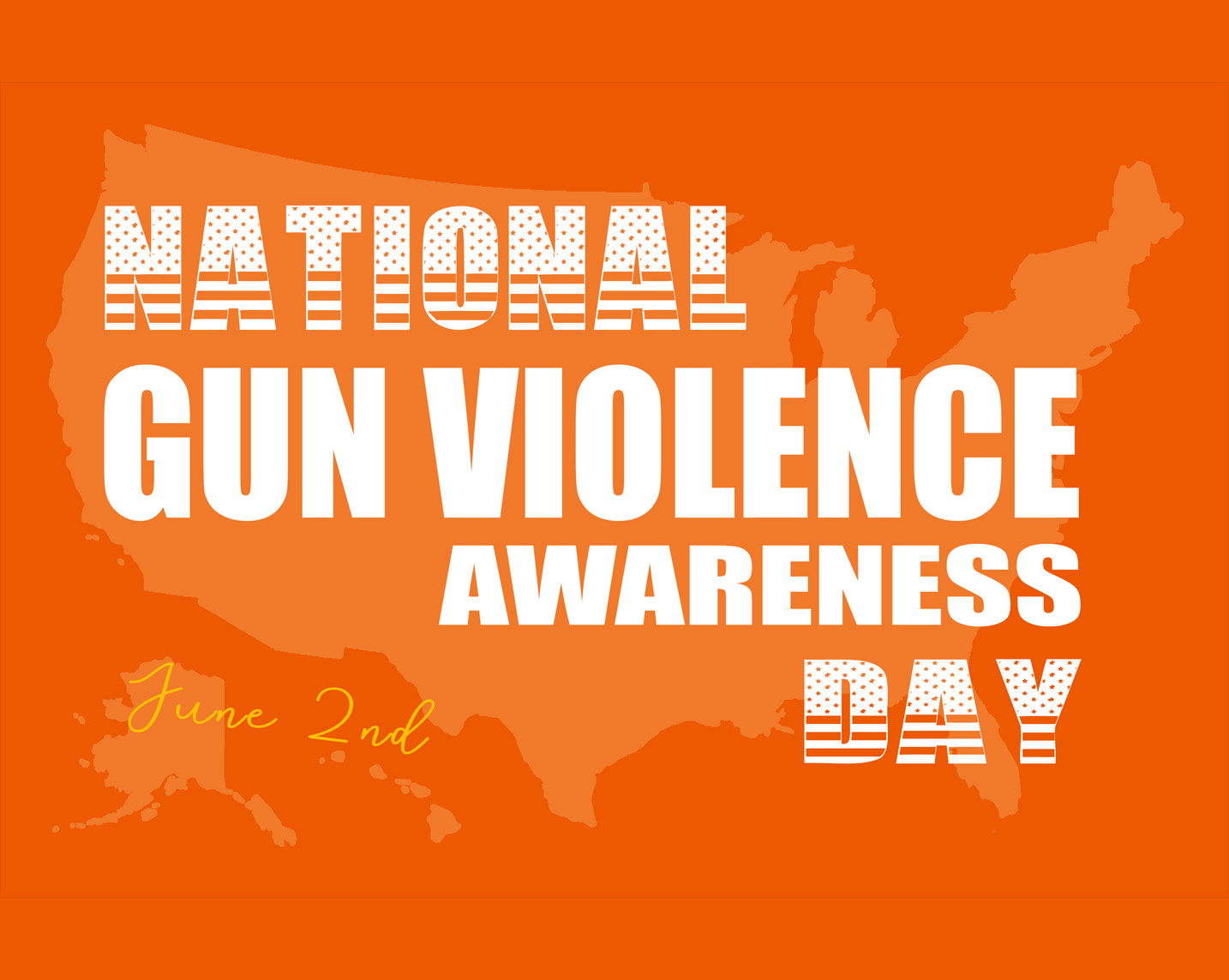The Crisis of Guns, Intimate Partner Violence and Maternal Health

National Gun Violence Awareness Day was launched in 2015, following the tragic murder of Hadiya Pendleton, a 15-year-old Black girl killed by a stray bullet in Chicago’s Kenwood neighborhood. It was just one week after she spoke at President Obama’s second inauguration.
It’s become a “new normal” to turn on the TV, listen to the chilling details of another shooting and feel the anxiety, suffering and pain of those impacted by violence.
Nothing about this is normal. This is not okay.
Today is a day for remembering, and for taking action. And while the anniversaries of a number of tragic mass shootings captured headlines last month – including the lives viciously taken by a white supremacist targeting black shoppers at the Tops Supermarket in Buffalo, NY and the one-year anniversary of the Uvalde school shooting – I’m thinking about another headline. One that brought the reality of firearm and maternal deaths due to intimate partner violence to the forefront.
Last month in Dallas, 26-year-old Gabriella Gonzalez was shot and killed by her boyfriend in a parking lot after she returned from seeking an out-of-state abortion due to Texas’s six-week abortion ban. Family members reported that the boyfriend had a history of abuse, including a previous assault charge for violence against a family member.
It’s a tragedy and also a reminder of a stark reality: guns are lethal for pregnant women.
In fact, homicide is the leading cause of death for women who are pregnant or have recently given birth in the United States. Black women, Native American and Alaska Native women, and younger women bearing a disproportionate burden of those deaths.
Pregnancy can often intensify the level of violence experienced within an abusive relationship. In addition, according to Harvard’s Karestan Koenen and Rebecca Lawn, as was the case in Texas, “laws restricting women’s access to reproductive and abortion care services can place women at further risk, since control over a woman’s reproductive choices often plays a role in intimate partner violence.”
How do we move forward?
Step one is to fully close the boyfriend loophole and ensure abusers cannot access firearms. The availability of a gun in a household where domestic violence is present further exacerbates the power and control dynamic commonly used by abusers to inflict coercive control over their partners. Our federal and state legislators need to take action and should not ignore the realities of individuals who may be suffering in silence, behind closed doors, in abusive relationships.
A second step would be to improve reproductive health access and support during pregnancy, especially for those most at risk of domestic violence. Due to the increased risk of violence during pregnancy, especially gun violence, access to a full range of quality reproductive care is vital for survivors. Healthcare providers can play a critical role in screening for violence, offering support, and offering referrals. Together, we can take immediate steps to support funding for existing programs that address these intersections, fund research to better understand the linkages and improve access to health care for low-income women.
Finally, we can advocate for legislation and funding that will increases access to domestic violence and sexual assault services and support such as the Family Violence Prevention and Services Act and Post-Partum Medicaid coverage, which addresses the rise in maternal mortality and supports preventable causes of death due to homicide, overdose and suicides.
It is also critical to support the development of partnerships between health care and community-based support services, which can aid in screening survivors for domestic violence and providing quality, culturally-specific, trauma-informed resources to help.
It’s my hope that one day, we will no longer as a country need a National Gun Violence Awareness Day where we are strategizing on how to keep guns out of the hands of abusers and how to protect our children from mass shootings and violence within their communities.
But for that to happen, we must act now.





